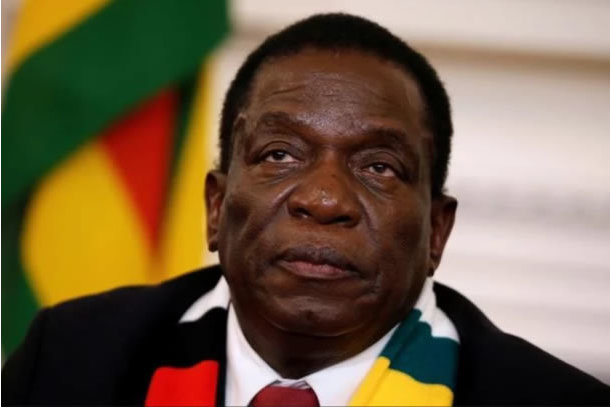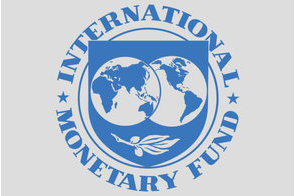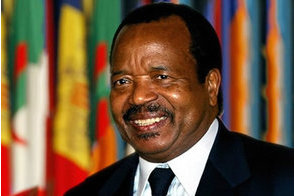Latest News
Amnesty condemns President Mnangagwa’s threats to Zimbabwean protesters

News Highlight
Amnesty International described the threats made by the Zimbabwean President that the government will deal with those suspected to be behind last month's national strike as “deeply troubling and unwarranted."
The Deputy Regional Director of Amnesty International for Southern Africa, Muleya Mwananyanda, has described the threats made by Emmerson Mnangagwa, President of Zimbabwe, that the government would deal with those suspected to be behind last month's national strike as “deeply troubling and unwarranted.”
Following an announcement last month that the government would increase petrol price from $1.34 per litre to $3.31, the Zimbabwean Congress of Trade Unions (ZCTU) called for a three-day general strike, which held between January 14-16. The protests over the fuel price hike became violent.
President Mnangagwa, at a rally organised by the Zimbabwe Africa National Union – Patriotic Front (ZANU-PF), said the government would deal with those suspected to be behind the national strike, including non-governmental organisations, trade union leaders, opposition leaders, doctors and lawyers.
The London-based human rights advocacy group, in a statement released on Monday, noted that its new report exposes a crackdown on the right to freedom of peaceful assembly as the authorities sought to crush protests against fuel price hikes. In the process numerous serious human rights violations were perpetrated by government security forces, including killings and torture.
The report, “‘Open for business,’ closed for dissent: crackdown in Zimbabwe during the national stay-away, 14-16 January 2019,” affirms that the government used security forces, including military personnel, to brutalize people who were protesting.
“This latest threat is a sinister hint that the situation could become even worse,” Mwananyanda said. “If his government wants to build an inclusive country that is based on respect for human right, President Mnangagwa should accommodate differing views, whether they please his government or not.”
Related News
Latest Blogs
- The Museum of West African Art saga
- The complexity and complication of Nigeria’s insecurity
- Between bold is wise and wise is bold
- Prospects of port community system in Nigeria’s maritime sector
- Constitutionalism must anchor discipline in Nigerian Armed Forces
Most Popular News
- NDIC pledges support towards financial system stability
- Artificial intelligence can help to reduce youth unemployment in Africa – ...
- Green economy to surpass $7 trillion in annual value by 2030 – WEF
- ChatGPT is now the most-downloaded app – report
- Africa needs €240 billion in factoring volumes for SME-led transformation
- CBN licences 82 bureaux de change under revised guidelines






